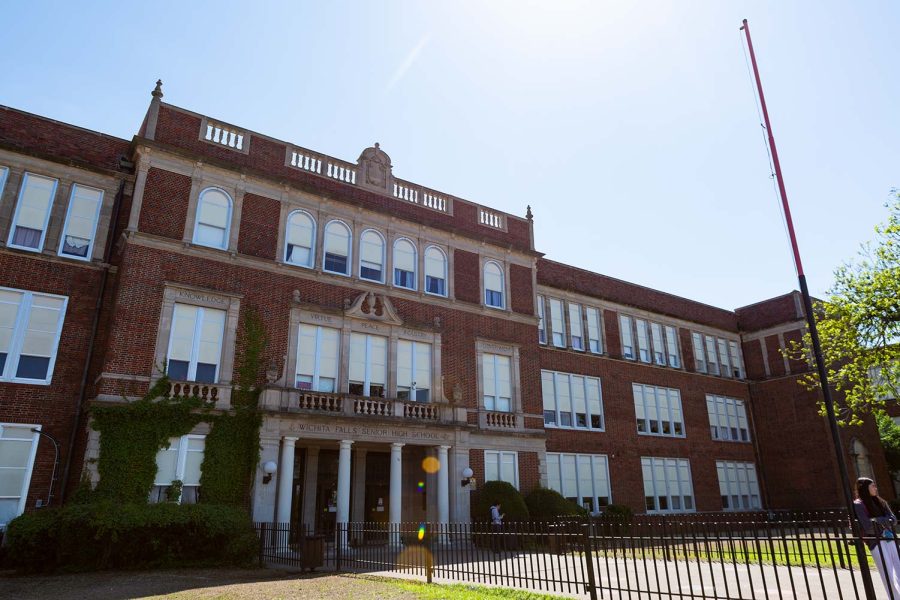
Black History Month is beneficial — with some improvements.
The month—which began as Negro History Week in 1926 until it was recognized as a full month by Congress in 1976—holds sentimental value that varies for each person, but one of the main objectives is to celebrate African-American achievements as well as to educate everyone on why African-American history is such an integral part of American history.
Tyera Breeze, freshman in dental hygiene, said the month of celebration was important to her.
“I grew up and witnessed racism. My own grandfather marched with Martin Luther King Jr. and participated in a sit-in, in North Carolina. That’s why I joined the NAACP here. I’m trying to make a difference.”
Black History Month reminds us that we can make a difference.
There’s a good chance that names like Irene Morgan, a mother of two who refused to give up her seat on a Greyhound bus in July 1944 which resulted in the Supreme Court ruling in Irene Morgan vs. Virginia that segregation in interstate travel is unconstitutional; or Bill Pickett, a black cowboy and rodeo performer, are unfamiliar to the general public. Perhaps that is because when schools, corporations and media outlets use this month to praise the achievements of famous black people, they most-often cite Martin Luther King Jr., Rosa Parks, Malcolm X and Harriet Tubman. Meanwhile the oft-forgotten black figures that also had a significant impact on the world are ignored.
And Black History Month can be a time to look forward, nothing that black people have played an integral role in the development of the country as Olivia Whitley said.
“Before anyone can celebrate Black History Month, they must first learn about the contributions black people have made the senior in international studies said. “Black people have been a pillar of American history, but I feel that part has been left out.”
Today’s youth are often oblivious of the outstanding contributions made by black people, including Garret Morgan’s invention of the first traffic signal and Lonnie G. Johnson’s invention of the water gun.
Black History Month should also bring awareness of past and present injustices. For instance, the Tulsa race riot in 1921 wiped out one of the most affluent black communities in America.
Finally, Americans should use Black History Month to learn something new about the black community. Black History Month should not just target African-Americans or school-aged children. Adults of every race or social background can learn about black history by reading a biography, or attending a local lecture or panel discussion.
In short, Black History Month should be a platform to help us confront the past as well as celebrate it. Starting now.
Huey Newton: Leader of the Black Panther Party | Edward Bauchet: First African American to earn a Ph.D. in physics | Bessie Coleman: First African American to get pilots license. | Oscar Micheaut: First major African-American filmmaker in the United States | Brian Thompson: Designed the current $100 bill for the United States | Thomas Jennings: First African American to hold a United States patent. | Otis Boykin: Invented electric circuit element that is currently in use in televisions and computers







